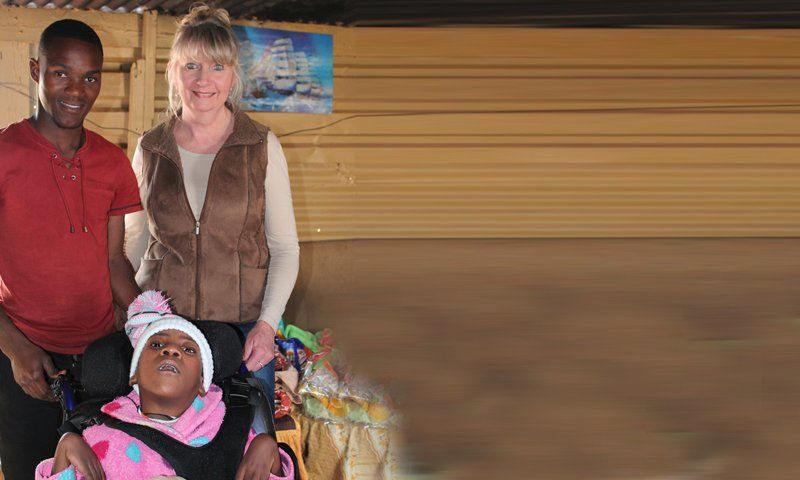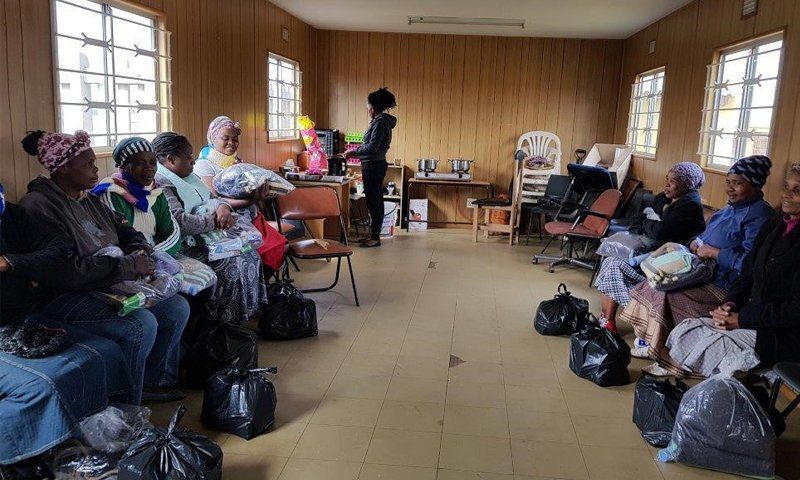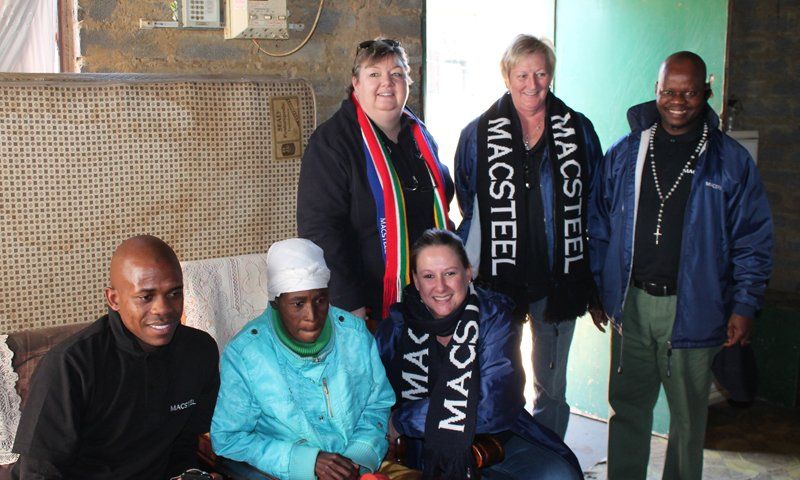HIV/AIDS Care & Relief
Our HIV/AIDS Programme is geared towards adults and youth affected by HIV/AIDS. Services include awareness, education, support, food relief and care. Orphan and Vulnerable children Programme include children affected/ infected by HIV/AIDS. Services include protect of children’s rights, education, provide medical support and food relief.
7,370
Loaves of
bread distributed
1,560
Food parcels
distributed
306
Orphan and vulnerable
children registered for services
264
Adults infected with
HIV/Aids received services
Services Offered
Amcare’s area of service include the greater area of Alberton, including the surrounding areas Thokoza, Phola Park, Green fields and Eden Park.
Amcare’s services include:
- Psycho-social support- including counselling, trauma debriefing and bereavement counselling etc.
- Support and therapeutic groups for adults and OVC’s infected and affected by HIV/AIDS.
- Transporting clients to hospitals, Home Affairs, Clinics and SASSA (In case of Emergency)
- Transporting and resettling client with their families before death when there is a need.
- Referrals for social relief grants and foster care
- Provision of material assistance in a form of food parcels, bedding, clothing, uniform, furniture etc.
- Awareness Campaigns
- Community assessments
- Assessment and referrals for transport to Care Centre
- Home based Care and medical supplies
- Vegetable gardens
- Income generating project
- Support clients in developing community based projects
Focus Areas
Home based community services
Community caregivers render services to clients in need services are rendered within , services includes: referrals to the clinic for HIV tests, CD4 count, treatment support,educating the family in caring for the sick and enhancing clients skills of treatment adherence.
Caregivers ensure that HIV positive clients are taking their treatment and monitor adherence,they also accompany clients to clinics and hospitals in cases of emergencies and also educate them on health issues especially with regards to opportunistic infections.
Psychosocial support
Includes counselling, trauma debriefing, moral support, need assessment and provisions made according to the needs e.g. referrals for birth certificates or ID registrations, social grant applications, family re-unification, bereavement counselling etc Psycho social support- Amcare provides psycho social support to clients which includes necessary counselling for adults and children in the program. This would include trauma debriefing where they would be addressing their emotions. This is where they are also provided with bereavement counselling in cases where clients have lost their loved ones, acceptance of positive status and also family counselling so that everyone will be able to cope with the circumstances. Families are also reunited when there is a need.Clients are also referred to relevant service providers in terms of documents such as birth certificates, Identity documents and social grants.
Food relief
Clients who are unemployed, do not have any income, do not receive any form of a social grant can be assisted with food parcels for 3 months or until they have been linked to relevant service providers.
This is done through assessment of the client’s home circumstances where a home visit is also conducted and needs are identified.
Vulnerable Target Groups
- Adults and youth infected / affected by HIV/AIDs,
- Services include awareness, education, support, food relief and care
- Skills development
- Income generating projects through support groups
- Vegetable gardening
- Orphan and Vulnerable children Program include
- Children affected/ infected by HIV/AIDs.
FAQ
For more information, give our helpline a call on: 065 811 7266
or email us: socialworkservices@amcare.org.za



